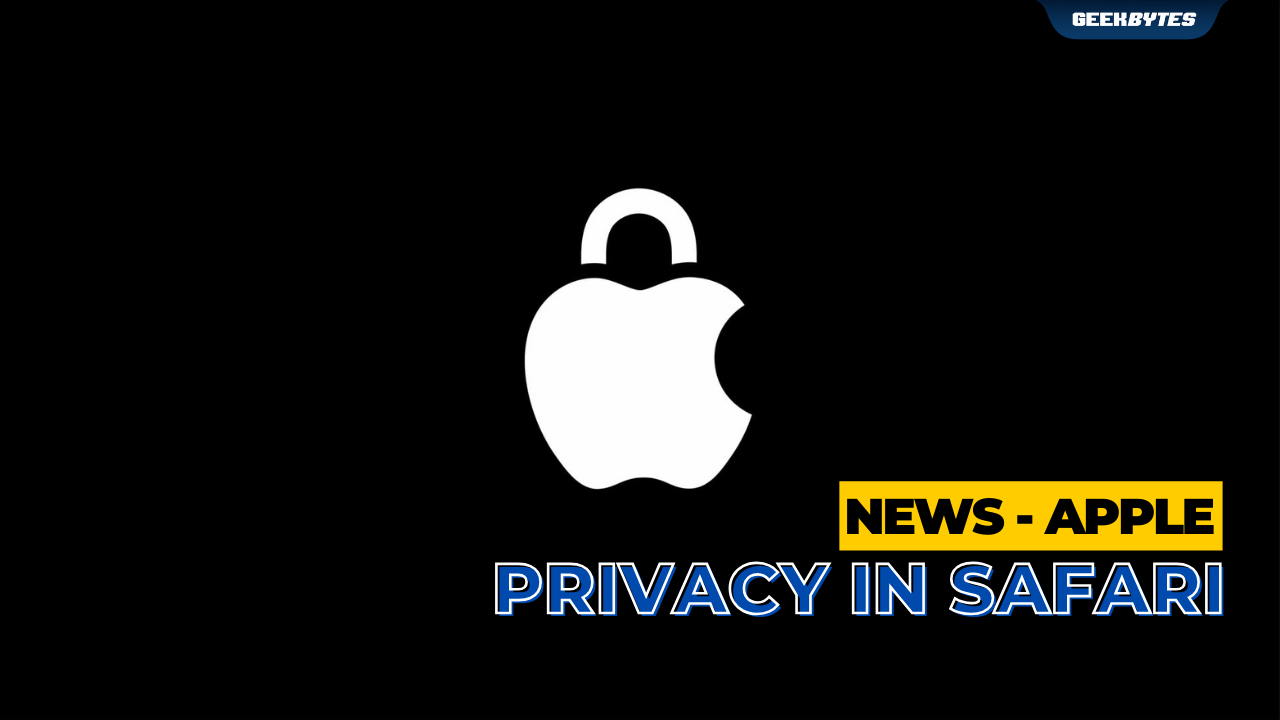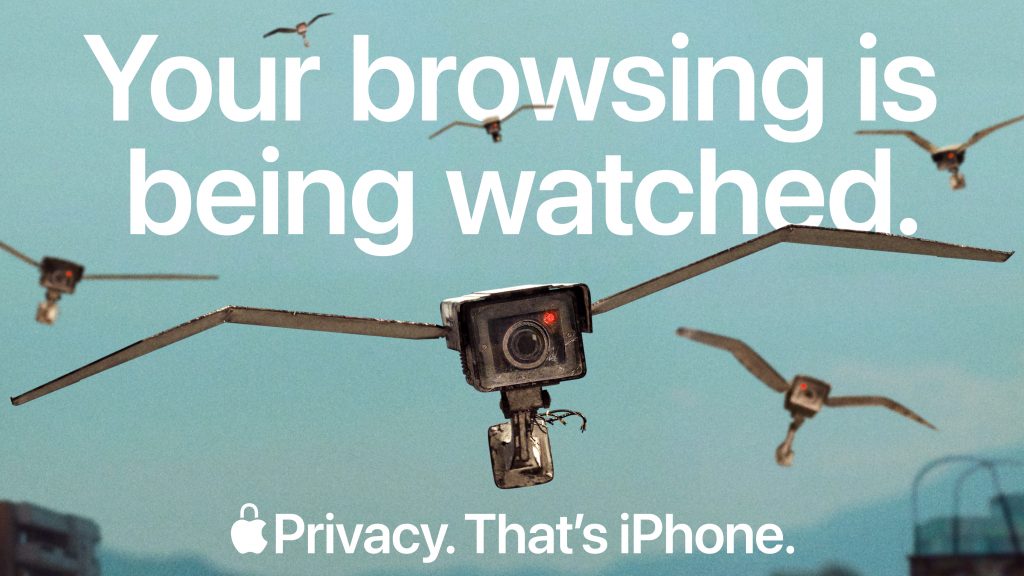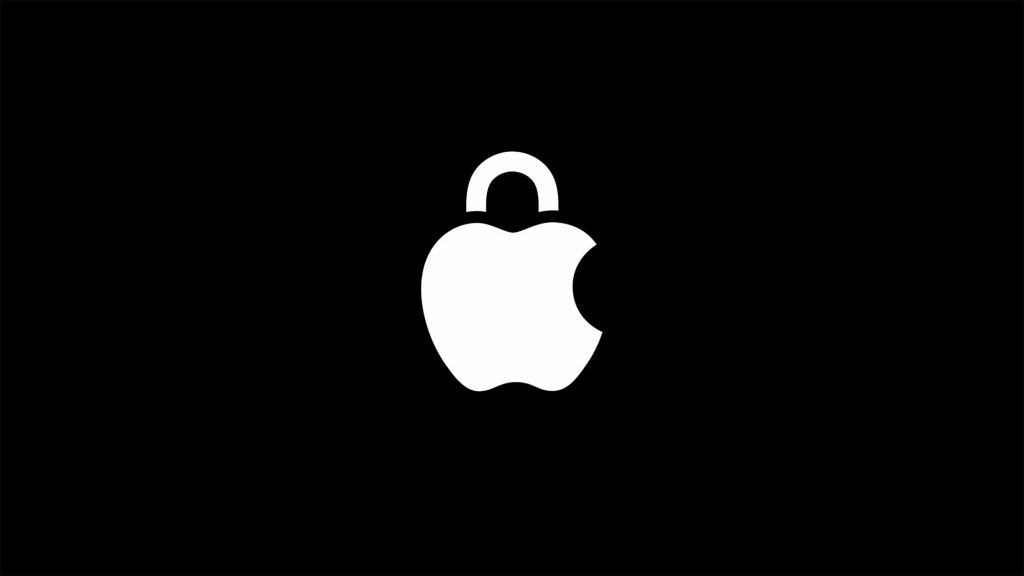
All of us browse the web for different reasons, and most of us are unsure of what actually happens. Apple just launched a film that shows how tracking is pervasive, and how other browsers may expose you to it. Here are 4 things you should know that Apple is doing, to protect you, when you browse on Safari.

Source: Apple
1. Cross-site Tracking Prevention
Since the inception of the web, technology has been leveraged to track user behavior across sites for advertising purposes. You are definitely familiar with this. You know how ads for a product pop up everywhere on your screen after you look at that item? That’s it. A kind of tracking that is so pervasive; some websites include more than 100 trackers from different companies on a single page.
You may not know this, but Safari was the first browser in 2005 to block third party cookies. In 2019, it became the first browser to block ALL third party cookies by default.
Apple created Intelligent Tracking Prevention, which uses machine learning to learn which domains are tracking you, then immediately isolates and eradicates the tracking data from your device. Just take a look at the Safari Privacy Report to see what Intelligent Tracking Prevention is protecting you from.
Your IP address can be used to identify you, and reveal your precise location. Safari hides your IP address from known trackers, keeping you safe, online. Intelligent Tracking Prevention is switched on by default when you use Safari – so you don’t have to go into Settings at all.
2. Location Data Protections
Another way websites and data companies use to track you, is through location data. Remember, precise location data can reveal a lot about your life. This exposes you to danger at every turn, without you even knowing it. From where you live, to your regular gym, to where your kids go to school – these are all vulnerable locations to one’s life.
Safari has implemented protections in place, starting with search. In other browsers, searching for content would automatically share your device location with whichever search engine you use. Safari does not share location data with your search engine.
Of course, when you’re looking for the best coffee spots nearby, you may want to share your location to get the best results. In that case, Safari grants you granular control. You will receive a prompt – to share, or not share. To limit the duration any website can use your location, you can also choose ‘remember my decision for one day’.
3. Privacy-Preserving Web Extensions
Extensions are utility driven ways to personalize your browsing experience. I know I love my cashback extensions when I browse shopping sites on Safari. Safari supports the official WebExtensions standard, allowing developers to easily offer extensions from other browsers. The thing is, extensions have extensive access to anything that happens within your browser. From what you’re looking at on your screen, to you typing out passwords or credit card info – this becomes quite risky.
That is why Safari has gone above and beyond other browsers, to introduce additional protections. To protect you. With Safari, you are kept in the loop about the information any extension can access before enabling it. You are in control, so you can also restrict access an extension has to just a day, or to specific websites.
4. Private Browsing
In 2005, Safari was the first browser to introduce a Private Browsing mode. Back then, Apple was laser focused on protecting your browsing history from others who could access your devices. Now, as privacy threats evolve, Safari too, has advanced.
Here’s a quick rundown on what Private Browsing does not do.
- Private Browsing does not save web pages you visited
- Private Browsing does not save your searches
- Private Browsing does not save your AutoFill information
With Face ID and Touch ID, your private browser locks when you are not using it. This allows you to walk away from your devices, with your tabs open – and no one can have access.
Now, Apple has introduced innovative new features to increase the defence level in Private Browsing.
- Link Tracking Protection
Link tracking protection removes unnecessary trackers appended to URLs in Messages, Mail, and Safari Private Browsing. This protects you against trackers that may have extra information in URLs to track you. - Advanced Fingerprinting Protection
Beyond the already-strong protections provided in regular browsing, you now get the option to select a different search engine as the default in Private Browsing. This allows you to further customize your browsing experience in a regular browser, and Private Browser.

Source: Apple
The additional privacy protections of Private Browsing in Safari 17.0, Safari 17.2, and Safari 17.5 will provide a holistic and essential protection for all users.





